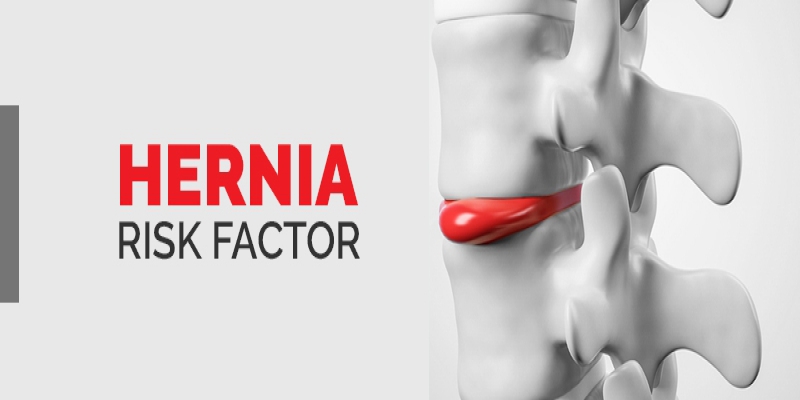What Are The Risk Factors for Hernia
2019-02-21 / RG STONE HOSPITAL / Hernia Repair

Hernias affect 2% of the total adult population. It can also affect infants. About 4% of infants are affected with a hernia. An inguinal hernia is usually the most common and occurs in almost 80% of the cases. The other types are relatively less common with Incisional in 10% of the cases and Femoral, Umbilical and Epigastric in 5%, 4%,and less than 1% respectively.
The inguinal hernias usually affect males more than females whereas the femoral and umbilical hernias are more common in females.
Hernia Risk Factors
A hernia is often caused when there is a history of a hernia in the family. It generally occurs in men. Straining your muscles due to intense weight lifting or coughing and even pregnancy may cause a hernia.
When there is pressure on the abdominal areait can lead to a hernia. Even issues like constipation, urinary obstruction along with chronic cough are risk factors. Obesity is also a major risk factor.
As a hernia is caused when the tissue or part of muscle pushes out, damage to the elasticity and the strength of the tissue can also be a factor causing a hernia. This damage to muscles and weakening can also lead to nerve damage.
If a person suffers from a congenital hernia, it may be due to residual embryological channels which is generally what a person is born with.
Generally, hernias are diagnosed clinically but for some, an ultrasound is also done. The risk factor for Hernias also includes chronic lung infections, collagen disorders,and cystic fibrosis.
For a diaphragmic hernia, weakness of the diaphragmatic muscles can be the cause. The diaphragm is a very strong muscle which separates the chest from the abdomen. The weakening of this muscle can be due to aging or even trauma.
If you have had abdominal surgery, it can lead to a hiatal hernia. Sometimes even kids may suffer from a hiatal hernia. This can be a congenital defect.
Your lifestyle also can be a cause. Smoking is also one of the risk factors of a hernia.
You should make sure not to strain during urination. This strain during urination and also bowel movements can also be considered a risk factor for a hernia.
If Not Hernia Treated on Time
If diagnosed on time and with easy access to health facilities can help cure it on time. Also, if there is adequate education provided it can help reduce the possibility of recurrence.
If a hernia is not treated or repaired on time it can cause many difficulties. Your intestines can get affected by it. This may cause fever, an increase in your heart rate, vomiting. It can also lead to the darkening of the lump and may require surgery when you could have pushed the hernia back.
If not treated ontime hernia can be a life-threatening condition.
The risk factors of hernia are not unique. So, if you are facing even the slightest discomfort do get it checked. For any ailment, the earlier it is diagnosed the better it is to treat it. As, even one day of extra weight at the gym can end up giving you a hernia!
Categories
Hernia Repair
Appendicitis
Piles
Urological Treatment
Hernia treatment
Enlarged Prostate (BPH)
Gall Bladder Stone
Urinary / Kidney Stone
Vitamins
Indian Health Care System
Exercise
Obesity
Female Urinary Incontinence
Single Incision Laparoscopic Surgery (SILS)
Kidney Cancer
Bladder Cancer
Ovarian cancer
Nephrology
Bariatric Surgery
Kidney Function Test
Female Urology
Radiation Therapy

